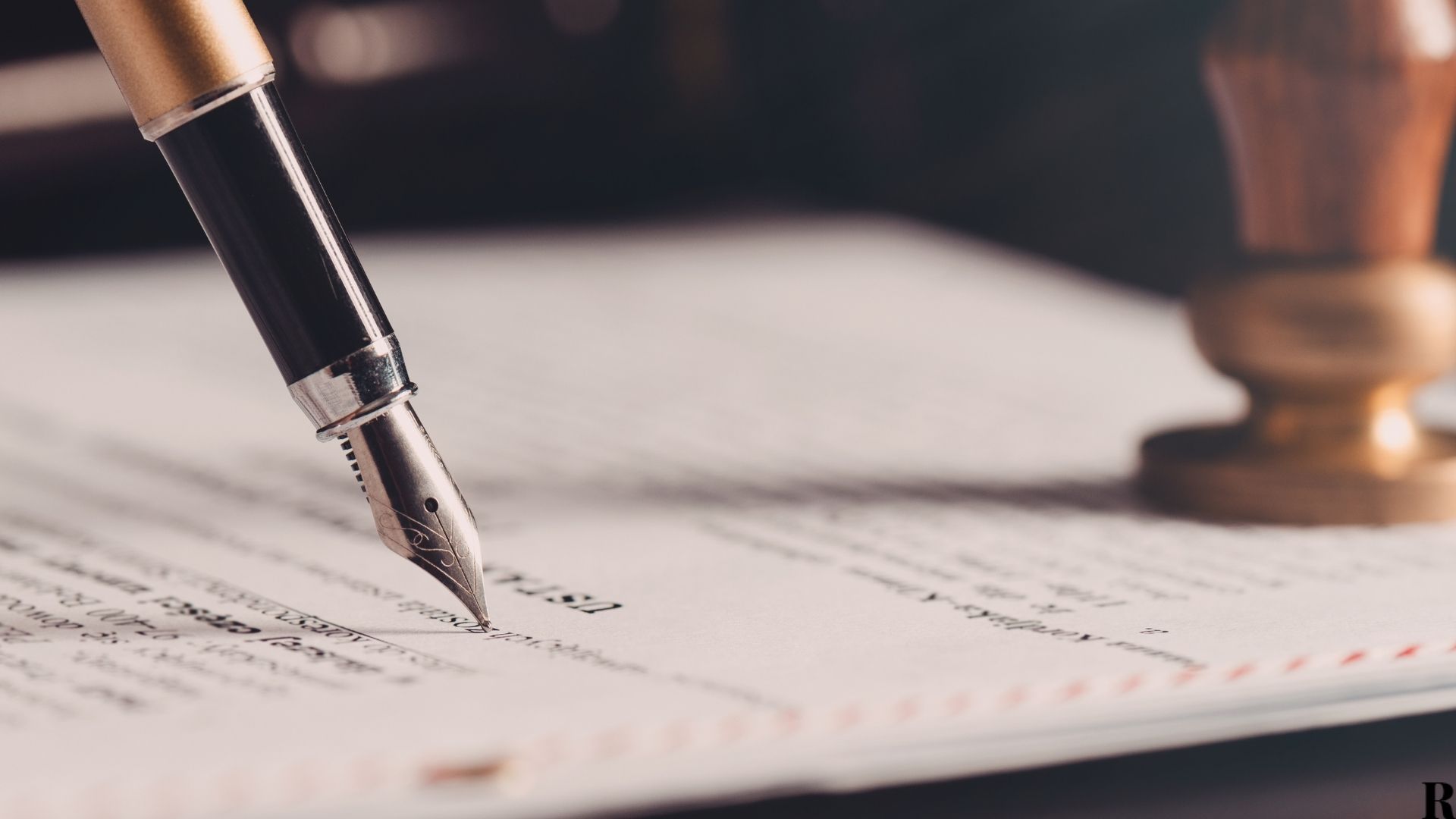Comprehending Apostille: Simplifying International Record Legalisation
Comprehending Apostille: Simplifying International Record Legalisation
Blog Article
Demystifying Notarial Work: Simplifying the Role and Relevance of Notaries
In the detailed web of legal documents and confirmation, notaries stand as pillars of assurance and authenticity. Their role, often shrouded in mystery for numerous, brings considerable weight in making sure the credibility and honesty of essential records. As guardians of legitimacy and reality, notaries play a pivotal component in our culture, yet their work is not always totally comprehended. By unraveling the intricacies losing and surrounding notarial techniques light on the relevance of their acts, a clearer understanding emerges of the essential function notaries play in promoting the textile of contractual and legal contracts.
The Background of Notarial Work
The history of notarial work days back to old people, where scribes played a vital role in videotaping essential information and confirming documents. This led to the development of notaries, people assigned by the state to act as neutral witnesses in lawful matters.
Throughout the Middle Ages, notaries acquired importance in Europe, with their features broadening to include preparing lawful files, accrediting trademarks, and preserving documents. The surge of global trade further highlighted the relevance of notarial operate in confirming agreements and arrangements across boundaries.
In the modern era, notaries continue to play a vital function in lawful and service transactions by confirming identities, validating the authenticity of records, and avoiding scams. Their function in licensing the validity of contracts includes a layer of security and trust to the ever-evolving landscape of commerce and law.

Obligations and Obligations of Notaries
Notaries play a crucial role in confirming the credibility of papers and the identification of notaries. One of their primary obligations is to witness the signing of important papers, such as wills, contracts, and deeds, to make sure that all parties are entering right into contracts knowingly and willingly.
They license duplicates of initial records, providing assurance to organizations that the copies are real reproductions of the originals. Generally, the tasks and duties of notaries are important in protecting the integrity and validity of various documents and purchases - Conveyancer.
Notarial Certificates and Signatures
Exhibiting meticulous focus to information, notarial certificates and signatures work as important components in verifying the authenticity of legal files. Notarial certificates usually contain vital details such as the date of registration, the names of the signatories, a description of the record, and the notary's main seal. These certifications supply a clear record of the notarial act, making certain that the document can be conveniently determined and traced back to the notary who oversaw the procedure.
Signatures play a crucial role in notarial job, as they represent the agreement and authorization of the parties included. Notaries meticulously witness the finalizing of records to validate the identity of the signatures and confirm that they are signing of their own cost-free will. By fastening their official seal and trademark to the record, notaries license that the needed procedures have actually been complied with which the paper is enforceable and legitimate.
In significance, notarial certifications and trademarks are the hallmark of authenticity in legal purchases, offering guarantee to all parties included look at this web-site that the documents are legit find more and binding.
Significance of Notarial Acts
Notarization Process Discussed
Discussing the notarization process offers clearness on the necessary actions associated with verifying lawful documents. The notarization process usually starts with the private providing the paper to a notary public. The notary then validates the endorser's identification via appropriate recognition approaches. When the identity is verified, the notary makes certain that the private authorizing the record does so voluntarily and without any kind of threat.

Conclusion

Notarial certificates normally have crucial details such as the day of notarization, the names of the notaries, a summary of the document, and the notary's official seal. These certificates supply a clear record of the notarial act, ensuring that the file can be quickly recognized and mapped back to the notary who oversaw the process.
By affixing their official seal and trademark to the record, notaries certify that the necessary procedures have been adhered to and that the record is enforceable and legitimate.
By verifying the identification of the signatories, confirming their readiness to get in into the arrangement, and licensing the day and area of the signing, notaries play an essential role in supporting the validity of legal papers.After the file is signed, the notary will affix their official seal or stamp onto the record.
Report this page